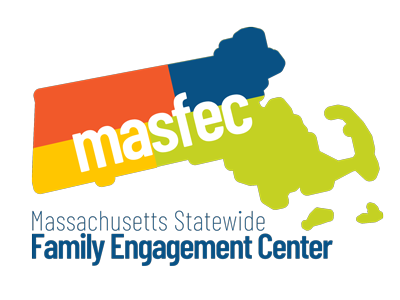 On June 19th, 1865 – two years after President Lincoln signed the Emancipation Proclamation –Union troops rode into Texas and spread the word that slavery was over. At the time, the Texas government did not enforce anti-slavery laws. After the announcement, though, enslaved people demanded their rights, and slave owners were no longer able to continue this evil, illegal practice. Annually, families across the US still celebrate this historic moment as “Juneteenth,” which is considered the day slavery finally ended in America.
On June 19th, 1865 – two years after President Lincoln signed the Emancipation Proclamation –Union troops rode into Texas and spread the word that slavery was over. At the time, the Texas government did not enforce anti-slavery laws. After the announcement, though, enslaved people demanded their rights, and slave owners were no longer able to continue this evil, illegal practice. Annually, families across the US still celebrate this historic moment as “Juneteenth,” which is considered the day slavery finally ended in America.
Whether or not your family’s ancestors were enslaved, Juneteenth is a holiday worthy of celebration. It’s an opportunity to talk to your children about the darker aspects of US history; the resilience, strength, and tenacity of Black Americans, and the importance of continuing to fight for equality – a fight that is still led by Black activists.
The following are some ideas for celebrating Juneteenth at home, in the classroom, or in the community.
- Prepare a Juneteenth feast. Juneteenth is symbolized by the color red, and so traditional Juneteenth feasts feature food like strawberry soda, red velvet cake, and barbecue. Work together as a family to make traditional Juneteenth recipes, and to invent your own. What freedom struggles have your ancestors survived? What food might symbolize these struggles?
- Support Black owned businesses. Slavery marks the first of many American systems flagrantly designed to prevent Black Americans from accruing wealth. While individual action is never a substitute for systemic change, a great way to celebrate Juneteenth is to combat this trend by patronizing Black businesses. Eat at a Black owned restaurant, buy books at a Black owned bookstore, buy clothes from a Black designer. Research local businesses and national brands together, and talk, as a family, about the importance of supporting Black Americans economically.
- Make art with African flags. Another traditional Juneteenth activity is to create a banner of African flags representing the countries where slaves originated. Together, research the history of slavery, and identify a set of nations whose flags you would like to draw. Find the nations on the map, read about their history and culture, and draw their flags. Use these to decorate your home or classroom.
- Celebrate Black art. One of the ways that enslaved people survived and resisted their oppressors was by insisting on moments of joy. Honor their resilience and ingenuity by learning a traditional west African dance, singing along to a song by a Black musician, or attending an exhibit by a Black artist. Discuss how history, family, and ancestry influence the artists’ work, and how your child’s history may influence their future creative pursuits.
- Attend a local celebration. In June 2021, Juneteenth became a national holiday, meaning that more and more communities around the US are organizing parades, block parties, and cultural celebrations to commemorate this historic occasion. Look up activities in your area, and attend as a family or class.
- Participate in activism. Slavery would not have ended without the courageous actions of abolitionists, both Black and white. Talk to your child about how you can make a difference in your community through political action. Write a letter to a congressperson, attend a protest or political rally, or sign up to register or send postcards to voters. The best way to celebrate a holiday about human rights is to fight for the human rights of others.








